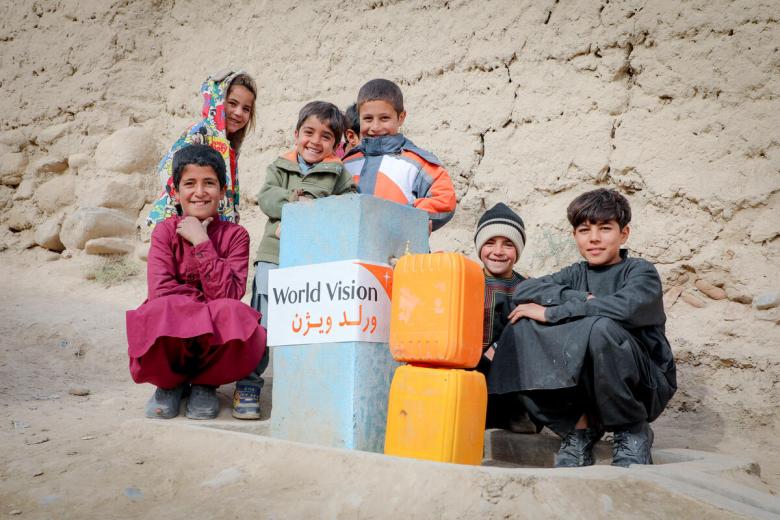Project Proposal
Empowering Students to Combat Climate Change through Education and Action
The project aims to empower students to actively contribute to combating climate change through education and action. By providing them with knowledge, skills, and resources, we seek to mobilize their individual and collective efforts in addressing the challenges posed by climate change.
For getting a complete proposal you can contact us at
Contact: gdn100@gmail.com / What’s App Us:+923082792040 and pay the price of your desired project.
Product Description
1. Project Summary:
The project aims to empower students to actively contribute to combating climate change through education and action. By providing them with knowledge, skills, and resources, we seek to mobilize their individual and collective efforts in addressing the challenges posed by climate change.
2. Need and Background:
Climate change poses a significant threat to our planet and future generations. Despite growing awareness, there is often a lack of proactive engagement from students due to limited educational opportunities and resources. By empowering students, we can ensure their active participation in climate change mitigation and adaptation efforts.
3. Problems/Challenges:
– Limited awareness and understanding of the seriousness and impacts of climate change among students.
– Lack of educational initiatives that empower and mobilize students to take action.
– Insufficient resources and platforms for students to collaborate, share ideas, and implement climate change solutions within their communities.
4. Justification of the Project:
1- Empowering students to combat climate change aligns with global sustainability goals and promotes active citizenship.
2- By focusing on education and action, we can build a generation of environmentally conscious and responsible individuals.
4- Engaging students in climate change efforts can lead to long-term sustainable change, as they become advocates for transformative action.
5. Objectives:
1- Increase students’ awareness, knowledge, and understanding of climate change and its impacts.
2- Empower students with skills and resources to design and implement climate change adaptation and mitigation initiatives.
3- Foster collaboration and networking among students to encourage sharing of ideas and best practices.
4- Promote student-led advocacy for climate change action within their communities.
6. Activities:
1- Conduct workshops and training sessions on climate change science, impacts, and solutions.
2- Develop educational materials and resources to support students’ learning and engagement.
3- Facilitate networking and collaboration platforms for students to share ideas and initiatives.
4- Encourage students to develop and implement climate change projects in their schools and local communities.
5- Organize awareness campaigns and events to mobilize broader community participation.
7. Implementation Plan:
1- Form partnerships with educational institutions, NGOs, and relevant stakeholders for support and collaboration.
2- Recruit a team of educators, trainers, and mentors to deliver workshops and provide guidance to students.
3- Secure funding through grants, sponsorships, and partnerships to support project implementation.
4- Develop a timeline and a detailed plan to ensure the smooth execution of activities.

8. Outcomes:
1- Increased awareness and knowledge among students about climate change and its implications.
2- Empowered students equipped with leadership, communication, and problem-solving skills.
3- Implementation of student-led climate change initiatives within schools and communities.
4- Increased awareness and engagement from the broader community through awareness campaigns.
9. Sustainable Monitoring and Evaluation:
1- Regular monitoring and evaluation of activities, including student attendance, participation, and project outcomes.
2- Surveys and feedback to assess the effectiveness and impact of educational initiatives.
3- Long-term tracking of student-led initiatives and their sustainability.
4- Continuous improvement based on feedback and lessons learned.
By empowering students to combat climate change, this project will contribute to building a more sustainable future and foster a sense of responsibility among the younger generation.BREAK DOWN COST OF PROJECT
1. Capital Costs:
1.1- Workshop and training materials: $2,000 (printing educational materials, handouts, and resources).
1.2- Equipment and resources: $5,000 (laptops, projectors, educational software, and tools).
1.3- Set up networking and collaboration platforms: $1,500 (website development, domain registration, hosting).
1.3- Awareness campaign materials: $1,500 (posters, banners, brochures).
Total Capital Cost: $10,000
2. Recurring Expenditure Costs (per year):
2.1- Educators, trainers, and mentors: $20,000 (salaries or honorariums for trainers delivering workshops and providing guidance).
2.2- Venue rental: $5,000 (renting venues for workshops and events).
2.3- Transportation and logistics: $3,000 (travel, accommodation, and logistical expenses).
2.4 – Miscellaneous costs: $2,000 (unforeseen expenses or contingencies).
Total Recurring Expenditure Cost (per year): $30,000
Note: These costs are estimates and can vary depending on factors such as the size of the project, the region, and the specific requirements. It is essential to conduct detailed research and obtain accurate quotations to arrive at a more precise budget.
Total Budgeted Cost (for one year): $40,000.
2- Breakdown of the costs for each item separately:
1. Capital Costs:
1.1- Workshop and training materials: $2,000
1.2- Equipment and resources: $5,000
1.3- Set up networking and collaboration platforms: $1,500
1.4- Awareness campaign materials: $1,500
Total Capital Cost: $10,000
2. Recurring Expenditure Costs (per year):
2.1 Educators, trainers, and mentors: $20,000
2.2.- Venue rental: $5,000
2.3- Transportation and logistics: $3,000
2.4- Miscellaneous costs: $2,000
Total Recurring Expenditure Cost (per year): $30,000
Total Budgeted Cost (for one year): $40,000
Please note that these costs are estimates and can vary depending on factors such as the specific requirements and the region. It is advisable to conduct detailed research, gather quotations from vendors, and consider potential sponsorship or fundraising opportunities to obtain more accurate and tailored budget figures for your project.











Reviews
There are no reviews yet.